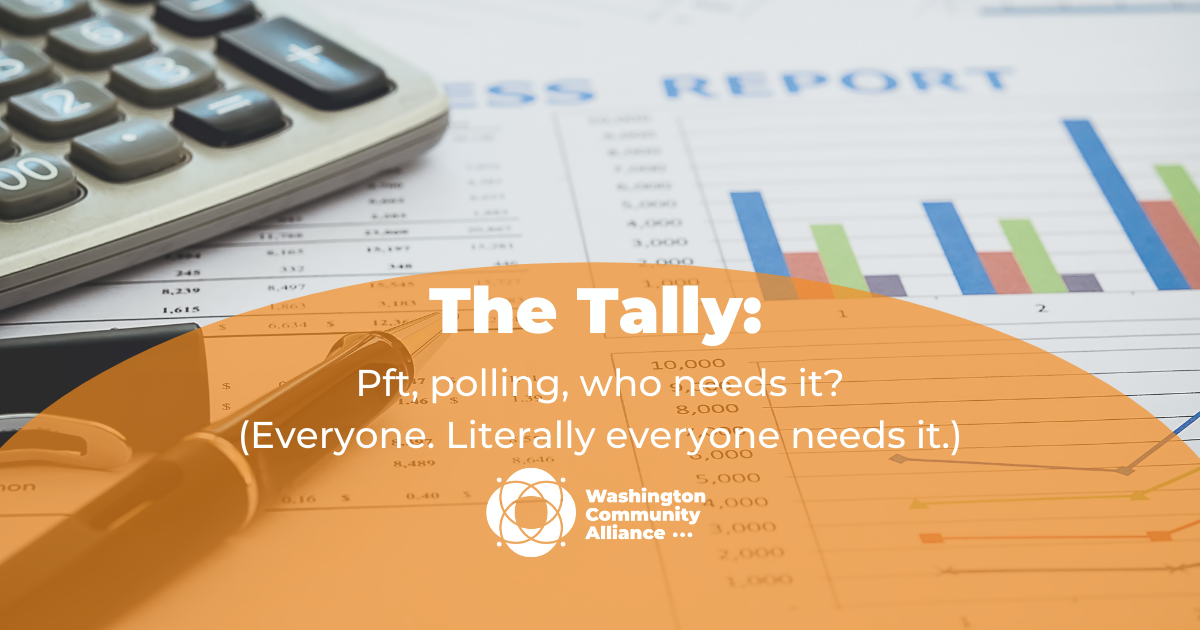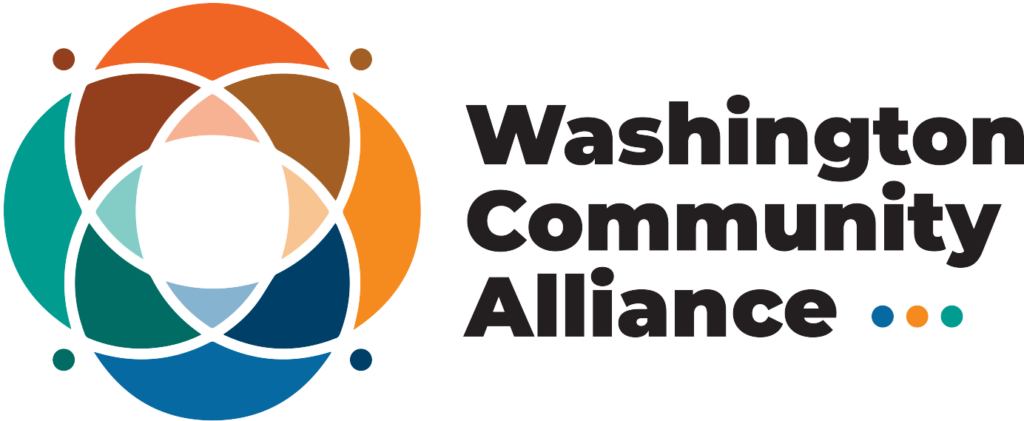
Friends — At the end of the day, legislators ax important bills for a few reasons that center around bad polling:
1️⃣ Our political ecosystem lacks a diversity of voices behind the scenes. It’s the same old consultants, the same old lobbyists, and the same old polling practices.
2️⃣ Legislators want to position themselves the best they can to win reelection, or even for some other endeavors sometimes (👀ex-Sen. Guy Palumbo👀).
3️⃣ The voters legislators prioritize tend to be the same old “high propensity” voters [AKA voters who vote frequently, often measured as voting, at minimum, two times out of the past three elections].
4️⃣ The ways number 1 interacts with number 2, and then how number 3 also informs number 2. We’ll refrain from making a bathroom joke here like a six-year-old, but we were close.
The Legislature as a whole ultimately lacks any sort of rigorous polling, message testing, or feedback loops with constituents. Even most of the “high propensity” voters tend to never hear or see from the person they voted for and/or elected again. Well, outside of news coverage.
Even worse, polling tends to be riddled with statistical errors and outdated practices. Legislators are nonetheless briefed on these unreliable polling results, including those that let biases drive their data which then lead to, say, the polling errors in 2016 and 2020.
But polling can be how we talk to communities at-scale, without silos, and with the scientific rigor they deserve. As of right now, though, there are very few polls. The few polls that do shape our state’s politics don’t factor for bias. They rarely, if ever, compare competing messages and messengers. And, most importantly, polling doesn’t ask respondents who they trust to govern on the issues.
That leaves legislators operating and making decisions in an echo chamber. AKA, they get to retain confidence where there should be none. They believe, thanks to numbers 1-4, that their reelections are safe when they do nothing. They BANK on people not noticing, or at least feeling comfortable that there were simply ✨attempts✨ at progress. Well, guess what, we’ve noticed. And we won’t be satisfied.
In fact, we have a solution: Pass the bills that would strengthen democracy to create an electorate that is actually representative of Washingtonians, which we know support our bills. You can’t out-organize “propensity” habits (the frequency in which someone votes). Only structural change does that.
Washington state has a big opportunity to address these issues! I mean, we have an economy the size of Sweden, and 3 million fewer people. Like, come on.
Sure, our state’s notoriously been an anti-tax political environment: Our constitution bans an income tax and yet mandates for means-tested (long story, just know it’s poor policy) benefits. But we can turn it around with large majorities in the legislature, state initiatives, or new interpretations from our State Supreme Court—one of the most diverse and progressive in the country.
Our state also faced a big lack of state capacity to administer large welfare programs. But our new department is changing: Delivering child benefits, and most recently (and big cause for us to celebrate) the Immigrant Relief Fund. Remember? Over $100 million in stimulus payments to undocumented workers!
Not to mention how all of us experience a zero-sum game with our winner-takes-all electoral system. Which is exactly why we work together in coalitions across the state to continue rapidly growing a democracy-strengthening movement. [This is where you’d see the ranked-choice voting bills waving at you.]
Bottom line: We need rigorous, foolproof polling! It would help us understand to what extent agendas are truly popular, what we can do to make popular what we feel is necessary, and actually make a dent in, well, *gestures wildly* all of this.
What do you think? Have any questions? Tweet us your thoughts @wacommalliance. Keep up with the action and opportunities to get involved with our legislative newsletter, The Tally.

